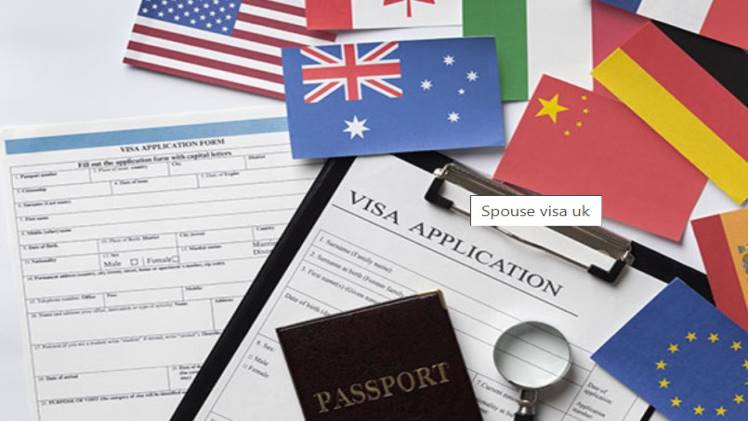
Immigration system
In addition to the pilot of the new Immigration Rules and introduction of the Innovator and Start-up visa categories, a major change in the recent times has been the digitisation of the immigration applications procedures. The Government has invested almost £38 billion into digital improvement and transformation programmes that should assist governmental departments, such as the Home Office to increase efficiency and processing times. This attracted significant criticism from the applicants and legal practitioners.
Digitalisation came gradually into the lives of immigration applicants and practitioners. Initially, commencing a few years ago with an online form for overseas Visa4UK applications. Then it was followed by the AccessUK, rather more developed user-tested application system. Finally, at the end of 2018 majority of immigration applications were switched to online forms. In 2019, online app has been introduced for EU Settled and Pre-settled applications.
To qualify for ILR, applicants must meet specific requirements, which can include a minimum continuous residence period, proof of lawful stay, adherence to immigration rules, and evidence of meeting the English language and knowledge of life in the UK requirements. Once granted ILR, individuals gain several benefits, such as access to public funds, healthcare services, and the ability to apply for British citizenship.
Challenges and Changes in the UK Visa Application Process
There are currently two main third party contractors that provide visa services on behalf of the UK’s government around the world, these are Sopra Steria and VFS Global. UK Visa and Immigration government agency stated that online processes should make the application process clearer for the applicants in terms of what they need to do, what supporting evidence they need to provide and where they need to go to complete their application. While the new systems can bring effectiveness in terms of procedure, their set-back is often accompanied by poor communication and practical/technical glitches.
These developments have coincided with major changes in the Home Office application procedures concerning provision of payments, supporting documents and biometric information. Most of this is now handled by third-party contractors. For the applicant and their legal advisors, these changes have created undue complications and problems.
Obtaining ILR is a significant achievement for individuals seeking long-term settlement in the UK. It provides a strong foundation for building a future in the country and enjoying the stability and opportunities it offers. It is crucial to understand the eligibility criteria, application process, and any updates to the immigration rules to ensure a successful application for Indefinite Leave to Remain in the UK.



